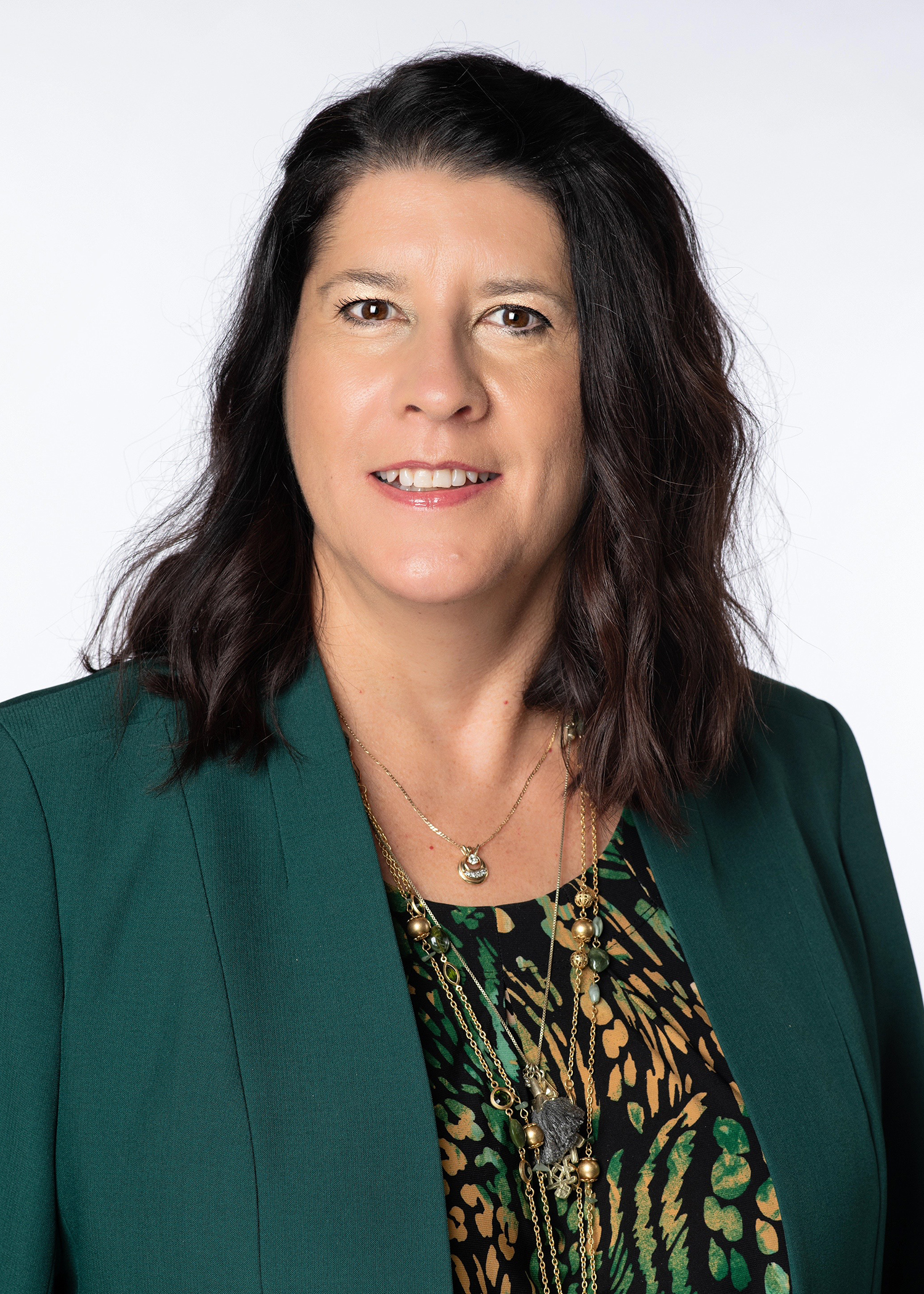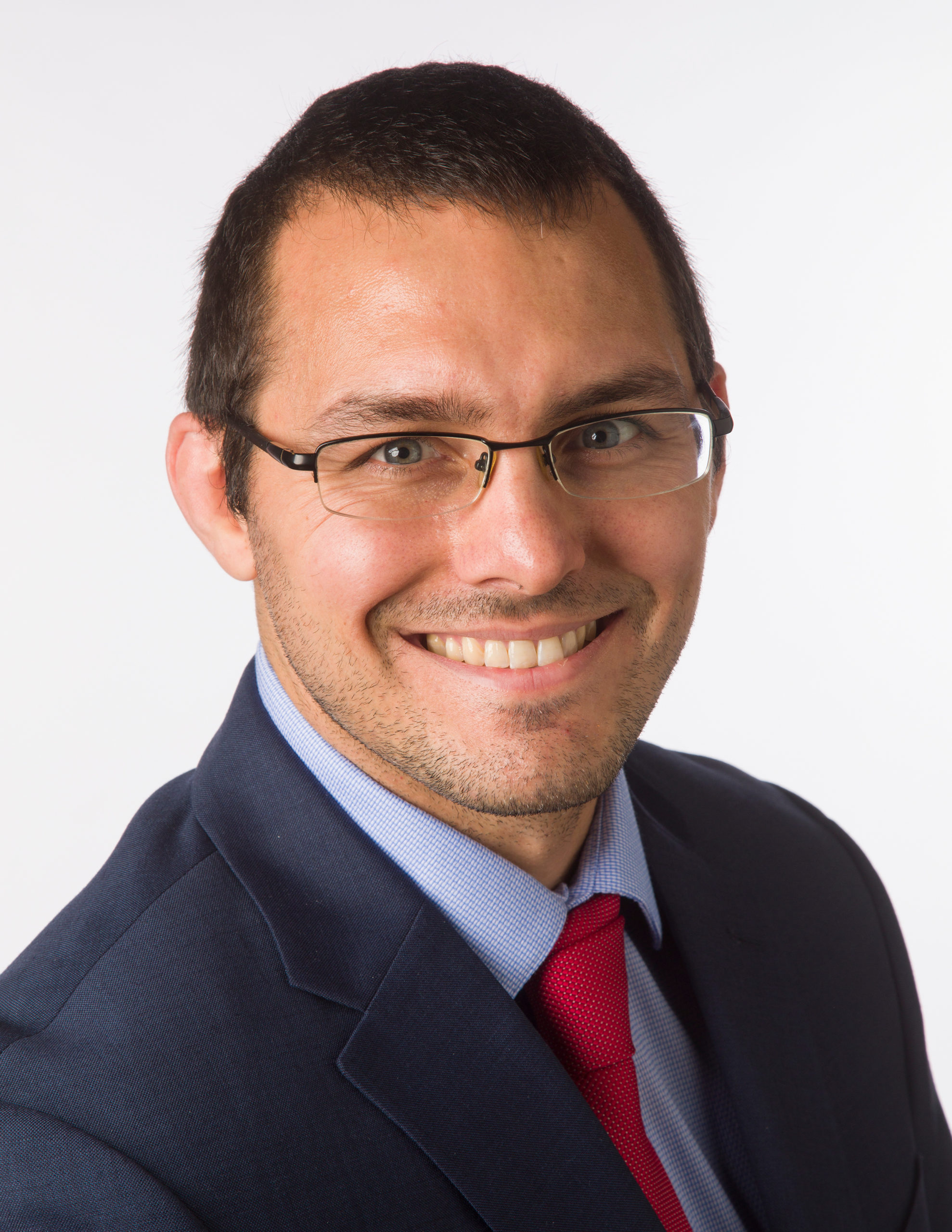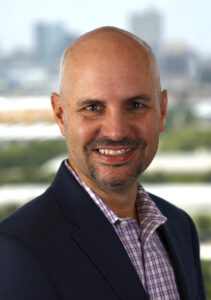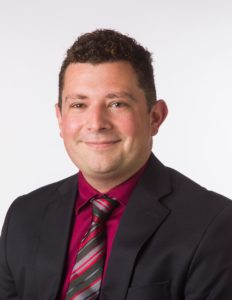HSC has an impressive array of experts in opioids, addiction, substance abuse disorders and more. Here you’ll find a list of experts with a brief bios that highlight the expertise of each.

Dr. Elizabeth Wells-Beede
Wells-Beede, senior associate dean in HSC’s College of Nursing, is a certified nurse and advanced certified health care simulation educator, who co-developed a virtual reality approach that trains health care providers to quickly recognize when a patient uses drugs and/or alcohol in risky ways. Screening, Brief Intervention, and Referral to Treatment, or SBIRT, allows health care providers to quickly intervene and refer patients to specialty care.

Dr. Michael Forster
Forster’s research goal is to understand the biology that makes people slow down and become more vulnerable to disease and injury as they grow older. Researchers know that it is possible to combat aging biology because some people achieve advanced age in truly great condition. Studies of the habits and biology of such individuals during their lives are underway, but it may take several human lifetimes for them to be completed. He is widely published on topics related to addiction, methamphetamines and cocaine.
Video: Learn more about Forster’s research

Dr. Michael Gatch
The focus of Gatch’s research has two broad aims. The first aim is to screen compounds that will attenuate the subjective and reinforcing effects of abused drugs as part of a NIDA-funded contract searching for effective treatment drugs for addiction to cocaine, methamphetamine, nicotine and marijuana.
The second aim is to evaluate the potential abuse liability of novel designer drugs that are increasingly available as “legal” alternatives to controlled substances. His team uses drug discrimination procedures which assess the subjective effects of common drugs of abuse — such as cocaine, methamphetamine, nicotine and marijuana — with designer drugs like MDMA (ecstasy), with opioids like morphine or with hallucinogens like LSD.
Video: Learn more about Gatch’s research

Dr. Melissa Lewis
Lewis is a NIH-funded researcher in adolescent and young adult substance use. Concentrating on alcohol, cannabis and polysubstance consumption, her work not only highlights the unique challenges this age group faces but also examines novel interventions to reduce substance use. Through her research, Lewis provides pivotal insights and innovative approaches to address the pressing issue of substance misuse among younger populations.
Lewis is a member of the College Working Group of the National Institute on Alcohol Abuse and Alcoholism. She is a founding member of HSC’s Addiction Interest Group.

Dr. Dana Litt
Litt’s expertise lies at the intersection of community health and addictive behaviors. The aim of her research is to refine health behavior theories, develop new clinical interventions and drive significant public health improvements concerning alcohol and other substance use among adolescents and young adults. Her research has been funded by grants from the National Institute on Alcohol Abuse and Alcoholism.
She is an active member of the Research Society on Alcohol, where she serves on the education committee, and she recently completed a three-year term as the editor of The Addictions Newsletter, a quarterly publication on behalf of the Society of Addiction Psychology. She is a founding member of HSC’s Addiction Interest Group.

Dr. Eun-Young Mun
Mun’s research focuses on alcohol epidemiology and prevention. She has conducted studies to understand how a person’s risk for alcohol misuse is escalated, maintained or mitigated over time using various research designs. She also has developed new research methods and statistical tools to quantify and characterize alcohol misuse outcomes, leading to changes in alcohol programming on college campuses.
She is an active member of several professional societies, including the Research Society on Alcohol and the Society for Prevention Research. She is a founding member of HSC’s Addiction Interest Group.

Rolake Neba, PharmD, BCACP
While receiving her ambulatory care residency training at Kaiser Permanente, Dr. Rolake Neba worked on an integrated pain service with an interdisciplinary team. Neba regularly delivers continuing education presentations and seminars on chronic pain management. Most recently, she presented at the 2022 Annual Centers for Medicare & Medicaid Services Quality Conference on Curtailing Opioid Abuse Disorder Across Healthcare Systems.

Dr. Luis Colon-Perez
Colon-Perez’s research focuses on determining the neural changes associated with neuropsychiatric disorders, particularly with a special emphasis on substance use disorders. His research initiatives center around developing and applying quantitative neuroimaging tools to study the brain’s structure and function following administration of substances of abuse such as morphine and oxycodone. His lab uses genomics, 16s RNA, and behavioral neuroscience to identify holistic mechanisms of substance use to relate to MRI-based biomarkers of structure and function.
Colon-Perez Neuroimaging Lab
Follow Dr. Colon-Perez on Twitter
Video: Learn more about Colon-Perez’s research

Dr. Matthew Rossheim
Rossheim’s research is designed to help guide policies that prevent underage and excessive alcohol use, as well as tobacco and cannabis use initiation. His research focuses on the marketing of substances frequently used by young people, including supersized alcopops, electronic cigarettes and derived psychoactive cannabis products such as delta-8 THC.
His research has been featured in The New York Times, CBS, NBC, CNN, BBC, Washington Post, Newsweek, NPR and Last Week Tonight with John Oliver.
Dr. Ritu Shetty
A pharmacologist and a pharmacist by training, Shetty has dedicated the last 14 years of her career to advancing the understanding of substance use disorder through preclinical research.
She collaborates with the Drug Enforcement Administration, where much of her work revolves around assessing the abuse potential of newly emerging synthetic opioids drugs, which she compares to well-established opioid standards like morphine and fentanyl. These studies provide valuable insights into how likely these synthetic compounds will be misused. The DEA uses the outcomes from these preclinical studies to provide guidance toward scheduling these newer synthetic compounds. She also is involved in assisting the National Institute on Drug Abuse’s Addiction Treatment Discovery Program by identifying compounds with the potential for treating drug dependence.
Video: Learn more about Shetty’s research

Dr. David Siderovski
Siderovski is a pharmacologist and professor of HSC’s Department of Pharmacology & Neuroscience. From 2012 to 2019, he was the E.J. Van Liere medicine professor and chair of Physiology, Pharmacology & Neuroscience for the West Virginia University School of Medicine. His scientific interests lie mostly in cell biology, G protein, biochemistry, heterotrimeric G protein and RGS proteins.
Video: Learn more about Siderovski’s research

Dr. Nathalie Sumien
Sumien’s scientific interests are focused on identifying interventions to improve motor and cognitive function during a person’s aging and disease state. Her team’s focus has been on the interaction between antioxidant supplementation and exercise, and whether combining the two anti-aging interventions would further their benefit on brain function declines associated with aging and Alzheimer’s disease. Another project of the laboratory is to study the interaction of stroke and/or aging with drugs of abuse and to determine whether drug use makes individuals more susceptible to stroke and development of accelerated aging.

Dr. Teresa Wagner
Wagner has a passion for helping people navigate health care. Her research focuses on health literacy, the ability for people to obtain, read, understand and use health care information to make appropriate health decisions and follow instructions for treatment. She graduated with a doctorate in public health from HSC, where she is an assistant professor in the School of Health Professions and interim director for SaferCare Texas.
Opioid Overdose: A Deadly Cross-Roads of Health Literacy and Patient Safety

Dr. Scott Walters
For more than 25 years, Walters has taught college and graduate-level courses, including classes about addictive behavior, community health and practice in health behavior change. His research during the past 20 years has focused on developing better ways of helping people change. This has included developing, implementing and evaluating interventions for drug and alcohol abuse, mental health, interpersonal violence, cancer risk and other health outcomes. He is a Regents professor in HSC’s School of Public Health.
Scott Walters One Pill Kills Presentation

Dr. Cindy Weston
Weston was appointed in April 2023 as founding dean of HSC’s College of Nursing. A longtime registered nurse and nurse practitioner in Texas, Weston co-developed a virtual reality simulation to equip nurses and health care providers to identify and promote treatment for substance use disorder using an evidence-based approach, while serving as associate dean for clinical and outreach affairs at Texas A&M’s College of Nursing.

Dr. Andrew Yockey
Yockey’s expertise is in psychiatric epidemiology, survey research, psychometrics, quantitative and mixed methods, structural equation modeling, experimental design, meta-analysis and analysis of missing of data.
His research has focused mainly on the application of advanced modeling techniques, survey improvement and examining factors to risk behaviors in complex survey designs in the fields of substance use prevention, psychiatric epidemiology and minority health.
His work has not only been focused on examining the risk factors associated with a variety of health behaviors, but also on how to improve quality of the survey, and to utilize advanced approaches to correct data errors, such as missing data patterns, attrition and biased estimates.



Social media